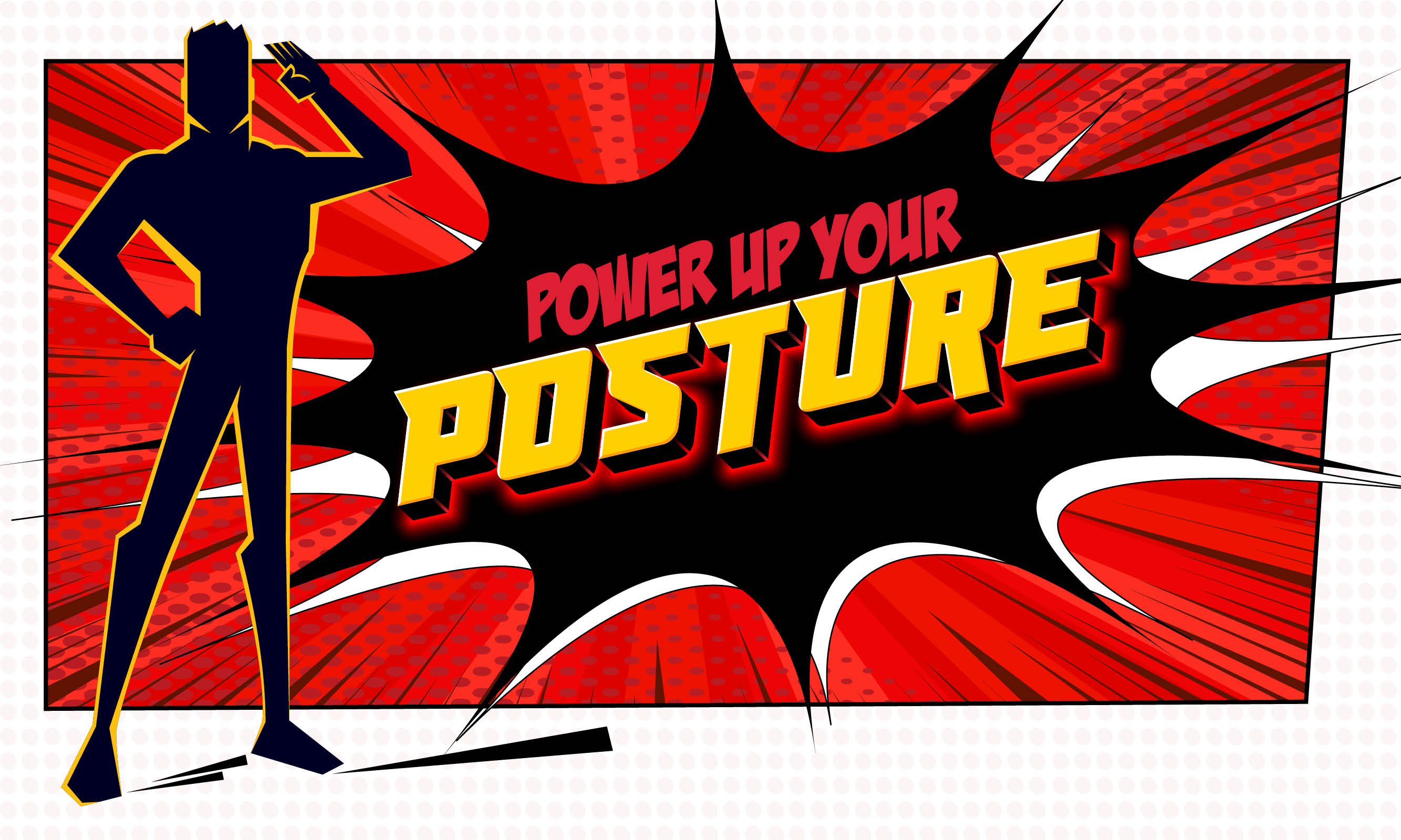Back Pain
Power Up Your Posture
Nothing can ruin your day like persistent back pain. A sore back can make it difficult to work, play and do household chores. Luckily, there are simple ways to prevent back problems before they start so you can continue to enjoy your normal activities.
Straighten up
Our parents and teachers always said, “Straighten up; don’t slouch!” As it turns out, they were right. Good posture takes the stress off your back muscles. Keep your back straight and aim for a “neutral pelvic position” by lining up your pelvis and spine. If you must stand for a long time, reduce the strain on your lower back by placing one foot on a low stool. Switch feet periodically.
Protect your back
We’ve all heard the advice: “Lift with your legs.” If you have to pick up something heavy, tap into the power of your strong leg muscles. Keep your back straight and bend at the knees. You should feel the burn in your legs. Ask for help with extremely heavy or awkward items. Don’t risk injuring your back!
Be choosy about your chair
If you have an office job, you probably spend most of your day seated at your desk. Make yourself comfortable and protect your back by choosing a chair that supports your lower back. A small pillow or rolled towel can add comfort and help to maintain the normal curve of the small of your back. Switch positions at least every 30 minutes.
Don’t carry extra pounds
There are many health benefits to keeping off extra pounds, including a healthy back. Added weight can strain your back muscles. As part of your exercise program, target the muscles around your trunk and pelvis that make up your core. A strong core can help prevent back problems and injuries, and boost your balance and stability for improved athletic performance. Exercises such as planks will strengthen the muscles in your pelvis, abdomen, hips and lower back.
Getting “back” to normal
Back pain is a common complaint. It’s one of the top causes for doctor visits or missed work. The good news: It typically improves on its own within a few weeks. In the meantime, over-the-counter pain medications, a heating pad or ice pack can help. However, you should contact your doctor if your back pain:
- Lasts longer than a few weeks.
- Is severe and doesn’t get better with rest.
- Causes pain, weakness, numbness or tingling in your leg(s).
- Is accompanied by unexplained weight loss.
If no other symptoms are present, it’s usually not necessary to perform imaging tests such as X-rays, MRIs or CT scans. Talk to your doctor about the best diagnostic option for you.
Support your back today. In turn, it will support you for years into the future.





















